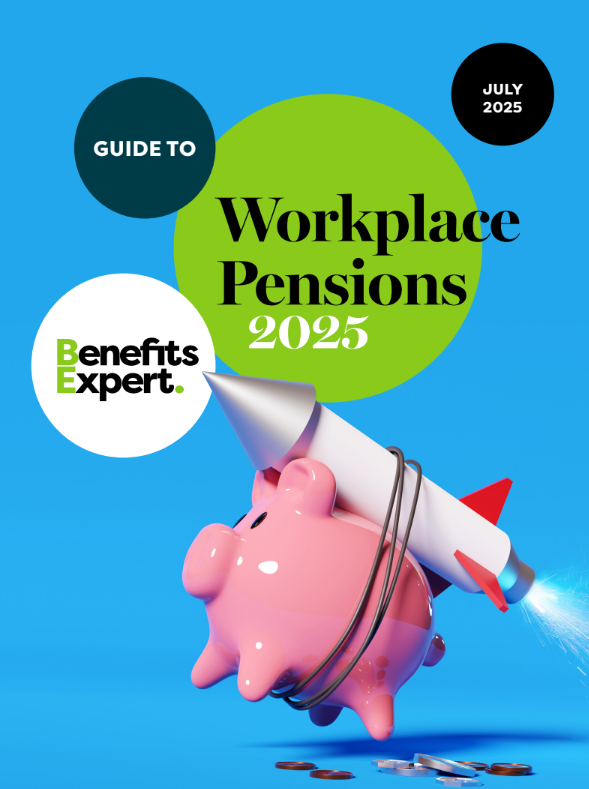More women than ever are engaging in DIY.
From plumbing to decorating and larger structural jobs, they’re proudly showcasing the results of their labour and inspiring others to do the same.
But this growing trend is not being mirrored in paid employment in the trades sector.
Women make up just 2 percent of the 900,000 tradespeople in the UK, according to research from Kingfisher, the parent company of B&Q.
This is in spite of a serious shortage of skilled tradespeople, as anyone who has tried to book one will attest.
Research by B&Q found that two thirds of their customer base say it’s getting more difficult to find tradespeople, while four in five tradespeople are booked up well in advance.
In fact, the issue is so acute that Kingfisher has warned that the UK is at risk of losing £98 billion in growth by 2030 as the current shortage of 166,000 tradespeople is expected to rise to 250,000.
For employer B&Q, this presented an opportunity to tackle two challenges in one: fill the skills gap by attracting more women into trade professions and increase female representation at the same time.
To kick start the process, the company has pledged £650,000 to fund 120 apprenticeships aimed at attracting women.
“We would love it if the 120 apprenticeships were taken up by women,” says Amélie Gallichan-Todd, supply and logistics director and inclusivity lead at B&Q.
“We see more women doing DIY, more women doing more structural DIY, embarking on bigger projects, and then probably more infrastructural projects. So we were a bit baffled to see that of 900,000 trades people in the UK only 2 percent are women,” she says.
A B&Q report published in March 2024 found that generation Z women are challenging DIY gender stereotypes, with 82 percent of this age group inspired to do more complex DIY by seeing other women on social media.
Women are now just as likely as men to have used a nail gun and a floor sander, with 93 percent of women having made their own home improvements in the last year, B&Q says.
Gallichan-Todd adds that anecdotal evidence also shows that demand for female tradespeople is rising, particularly from women who live on their own.
“If we could have more women in the trades it would be fantastic. So we’re taking steps to understand the barriers to women working in the trades as well as our pledge in terms of apprenticeships.”
The employer is currently conducting research into the barriers to women joining the trades, which will be completed later this year.
To encourage more women to take up a trade apprenticeship, B&Q has enlisted a number of social media influencers including female DIY influencer Alex Lawson (@CasaLawson).
Lawson says: “I was very fortunate growing up to have fantastic role models in my life, both male and female – however I appreciate not everybody is this fortunate. I am delighted to be working with B&Q to help raise awareness of the fantastic opportunities in the trade sector and to help close the gap.
“I believe we have to do more to make young people aware of the vast range of opportunities available to them, and ensure these young people understand that further learning isn’t only available through traditional university courses.”
Gallichan-Todd adds: “Representation is everything, right? If I look back at my career, I don’t know whether I would be where I am today, if it hadn’t been for the role models or the people that I came across in my career. It makes you think, if they can do this, I can do it too. Having influencers like Alex working with B&Q’s Tradepoint team helps to represent women and inspire others to do the same.”
DEI within B&Q
As supply logistics director, Gallichan-Todd leads a team of about 130 people and manages third party logistics on all supply and logistics activities at B&Q. Her team is responsible for forecasting and planning what stock is needed in all the stores, and ensuring that all those items are available when customers visit a store or shop online.
She says the work is “very exciting, with lots happening”, although she says that the geopolitical context of recent years has “kept us on our toes”.
Gallichan-Todd is also the chair of the employer’s inclusion council.
She says: “At B&Q, we are absolutely passionate about creating an environment where everybody can belong. And with that, we really wanted to dial up our agenda on diversity and inclusion. So we created five colleague networks: gender equality, LGBTQ community, embracing cultural diversity, disability and armed forces.”
These networks come together as the inclusion council to discuss progress and define priorities on a quarterly basis. The meetings help ensure that support for intersectionality, where people are affected by multiple forms of inequality or disadvantage, also stays high on the agenda.
Threefold benefits
For Gallichan-Todd, the benefits of this inclusive and holistic approach to DEI are threefold.
“First, the colleague networks have enabled a lot of cultural intelligence within the business, which I think is absolutely paramount if we want to create this environment where everybody can belong.”
One example of how B&Q encourages greater culture intelligence is to send out a ‘belonging pack’ each month that highlights all the cultural events at the company.
Second, this holistic approach has brought about tangible changes, she says. Through the networks employees have been able to talk about issues around women’s health and the challenges for working parents, for example, and propose how B&Q could adapt its employee policies or create new ones to better support people.
“If we look at our parental policies, we have extended paternity leave, we have improved shared parental leave and we have developed a kinship policy.”
The company is also reviewing its policies around fertility treatment and child loss.
Gallichan-Todd says: “For our colleagues that are in the armed forces, we’ve also extended the leave that reservists can take because they actually need to have two weeks training. We were offering one week, now we offer two, which is fantastic. We are providing better, and priority, relocation opportunities for partners of people serving in the armed forces should they be placed at a different base.”
She says that B&Q’s tangible HR policy changes have come from having an honest and meaningful conversation with colleagues about what was needed, and then leveraging the experiences of some employees to make them very relevant.
For anyone questioning whether women are capable of working in the trades profession, Gallichan-Todd has a simple message.
“I don’t think there’s any predisposition for women not to be able to do anything or be worse at it than men. We recently went to China with the board to connect with our buying officers and we had the chance to go to a couple of quite high tech, powerful factories. I was amazed to see the high representation of women in very technical jobs. One of the sites was run by a woman.
“They were a demonstration that women can do anything and that very much applies to the trades as well.”













